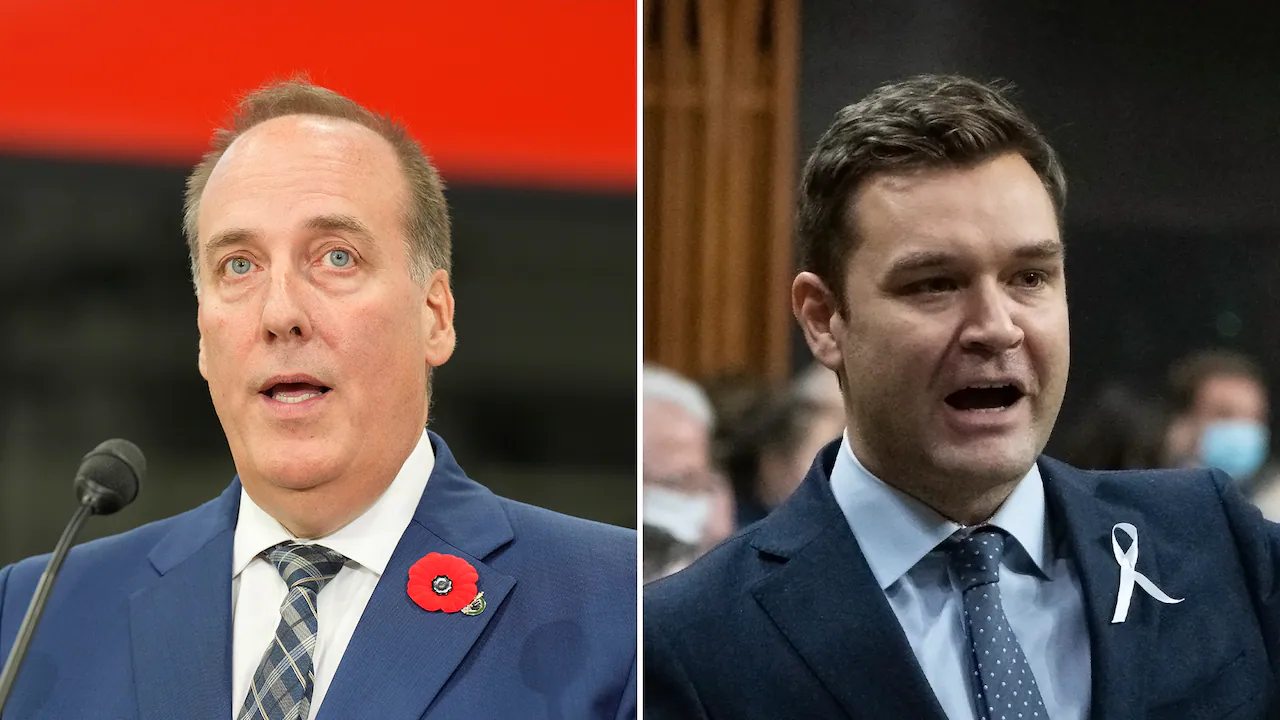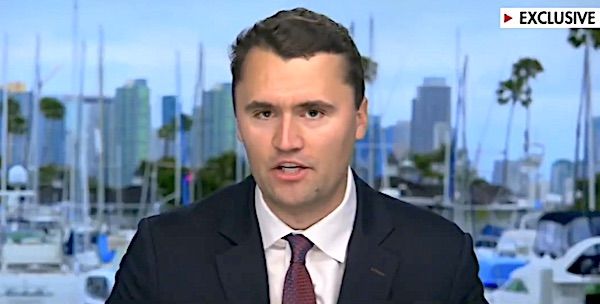Copyright cbc

Unfortunately, it can be easy for long stretches to forget about most of the 343 democratically elected members of the House of Commons — or to know next to nothing about them. But then, every so often, someone who is not the prime minister, the finance minister or the leader of the Opposition does something to steal the headlines. So it was, with all due respect to François Philippe-Champagne and his sizable budget, that this became the week of Chris d'Entremont and Matt Jeneroux, two Conservative backbenchers who stepped forward by leaving — d'Entremont departing his party to join the Liberals, Jeneroux announcing his intention to quit his office entirely. In doing so, they might have at least reminded everyone that MPs are — or at least can be — important political actors. They also became potentially potent political symbols. The pair of departures come two weeks after the release of an interview with Pierre Poilievre in which the Conservative leader said the leadership of the RCMP was "despicable" and alleged, without evidence, that the police force had covered up potentially criminal acts committed by Justin Trudeau. In that same interview, Poilievre had boasted of how united the Conservative Party was under his leadership — "If you look at our party over the last three years, we've had very little dissent," he said — but Poilievre's latest line of attack brought out the doubters in his midst. Rumours of potential floor-crossers rolled around Ottawa. Then, about a half hour before Champagne tabled his budget in the House, word slipped out of d'Entremont's impending departure to the Liberals. "Over the last number of months, I wasn't feeling that I was aligned with the ideals of what the leader of the Opposition had been talking about. So I'd been sort of relooking at what my career is bringing and what I can do for my constituency," d'Entremont explained the next day. "And understanding the point that we are in, in Canadian history, where it's time to actually try to lead a country to try to make it better and not try to knock it down, not to continue to be negative." A day later, Jeneroux abruptly announced his intention to resign his seat. These two moves matter in a few different ways. The math and politics of two resignations First, there is the simple math. In a minority parliament where the governing party is just a few seats short of at least a bare majority, every vote matters that much more. The addition of d'Entremont brought the Liberals up to 170 seats and Jeneroux's departure would, for at least a brief time, bring the total number of Opposition MPs in the House down to 172. Jeneroux's resignation would also open up a potentially winnable seat for the Liberals. On Wednesday, d'Entremont described himself as a "red Tory." That moniker has come to describe moderate Canadian conservatives of the sort who could be associated with the old Progressive Conservative Party (which still exists in several provinces, including Nova Scotia, where d'Entremont was previously part of a PC government). For Carney, d'Entremont's arrival helps underline the idea that his Liberal government is a little different than Justin Trudeau's Liberal government (the only opposition MP to join Trudeau's Liberals during his time as prime minister was, perhaps fittingly, a former Green MP). For Poilievre, d'Entremont's departure raises the obvious question of whether red Tories still have a home in the Conservative Party. But for the Conservative leader, the loss of d'Entremont is compounded by the departure of Jeneroux. Jeneroux's announcement included no criticism of Poilievre and he issued a second statement on Thursday night to insist "there was no coercion involved in my decision to resign." But according to a senior Liberal source, Jeneroux met with Carney earlier this week. To lose one backbencher might be put down to misfortune. To lose two starts to look like carelessness. And while Poilievre's party leadership review isn't until January, at some point an increasing number of defections would presumably make Poilievre's position untenable — particularly if the departures caused the Conservative Party's public support to slip. Several Conservatives were, perhaps unsurprisingly, unflattering in their comments about d'Entremont's move. One MP called him a "coward." A former Conservative MP publicly challenged d'Entremont to step down and run as a Liberal in a byelection. Of course, there seemed to be no such reservations on the Conservative side when a Liberal MP crossed the floor to them in 2018. Is it wrong to cross the floor? The appropriateness of crossing the floor is debated every time an MP dares to do it. And the New Democrats have periodically floated legislation to effectively ban an MP elected under one party banner from sitting with another. One such bill came to a vote in 2012, at which point it was soundly defeated with Liberal, Bloc Québécois and nearly all Conservative MPs voting against. An MP's constituents might reasonably hold the decision against them at the next election — but just as they might punish an MP for anything else the member does while in office. What blanket complaints about floor-crossing ignore or obscure is the simple fact that while voters might be motivated most by leader or party or policy, it is a specific individual they elect to represent them. It is someone's name that they mark an X beside and it is the victorious someone who then goes to Ottawa to claim a seat in the House of Commons — presumably not just to fill a seat on behalf of their party or leader. "We are all humans put together to make up the House of Commons. We will forever be bonded together. Let us not forget that," Jeneroux said at the conclusion of his maiden speech in Parliament in 2015. "It takes courage to work together. I want our country to do better and be better because I was here." "I would like to recognize my opponents for putting their names forward to represent our riding," d'Entremont said in his first speech in 2019, proceeding to name the Liberal, Green, NDP and Veterans Coalition Party candidates. "They believed passionately in their positions and ideas, and I hope to echo some of them in my work here as a very proud MP for West Nova." Too often it is too easy to forget that the vast majority of MPs are there to do anything other than to speak for their party or applaud their leader. And perhaps if MPs had more room to express themselves publicly and had more influence over their parties and leaders, there would be even less reason for some of them to periodically cross the floor or resign.



